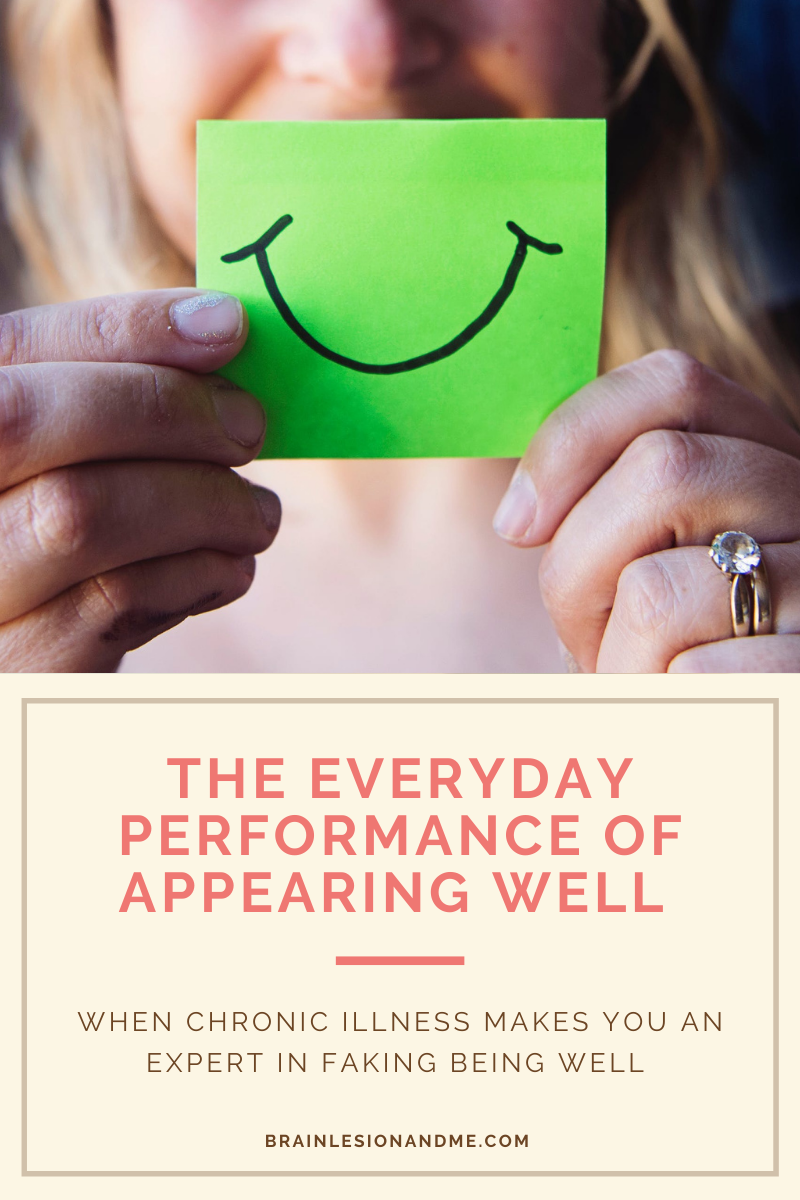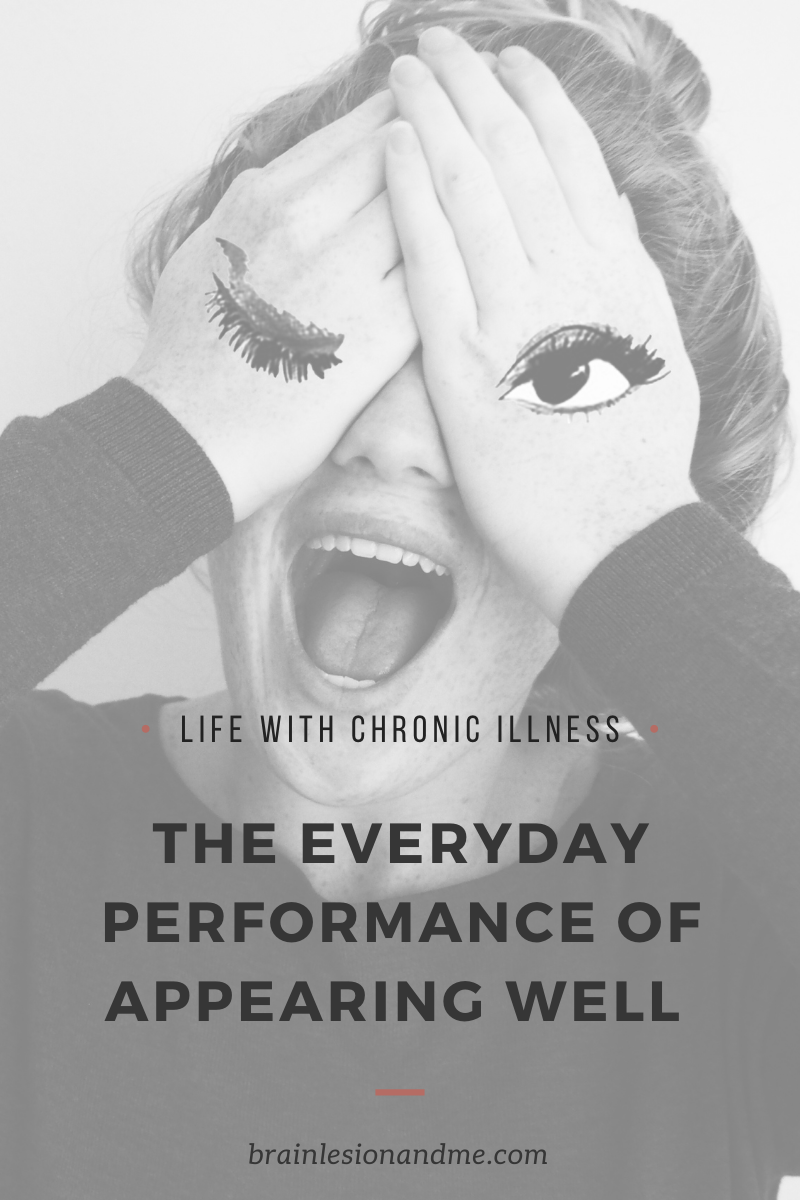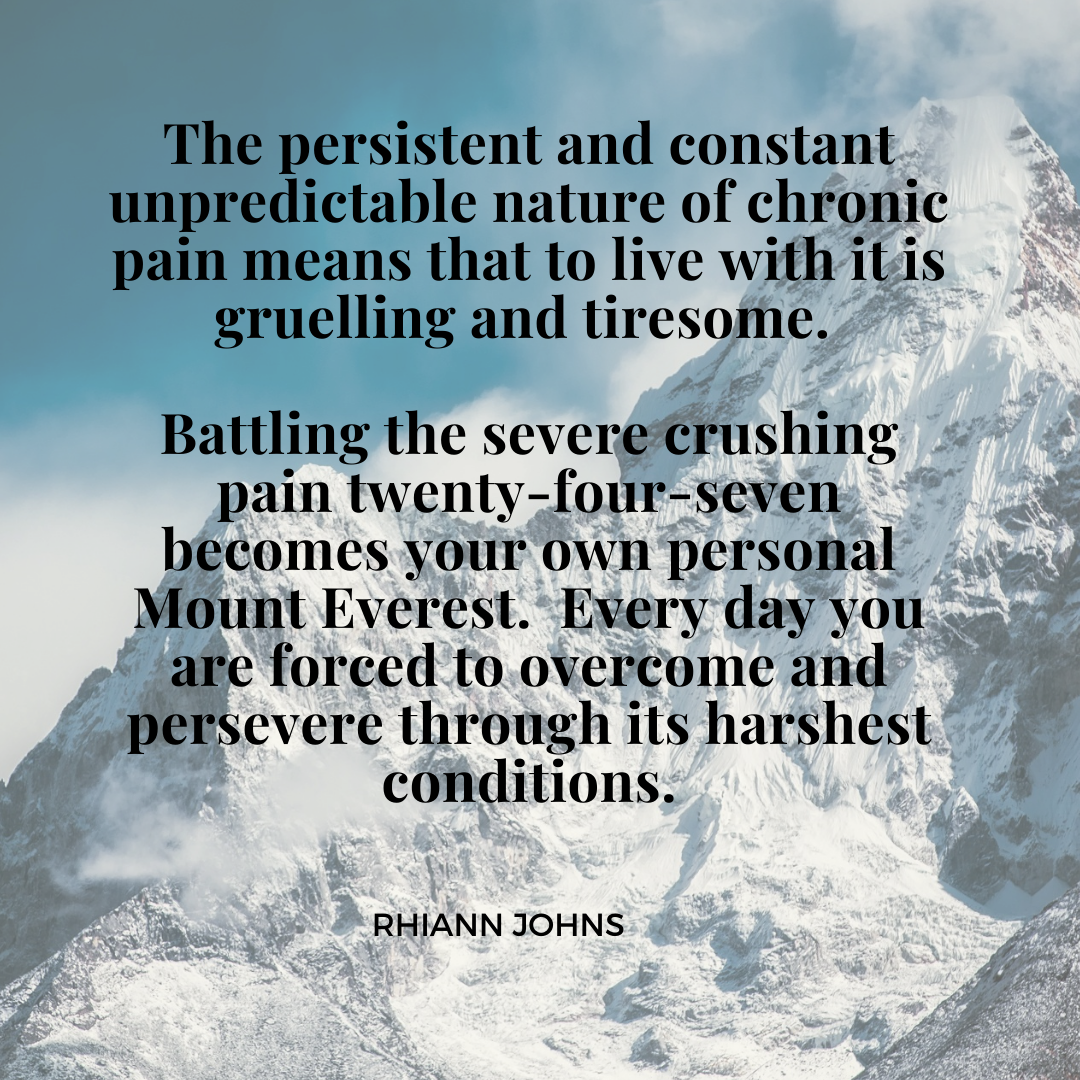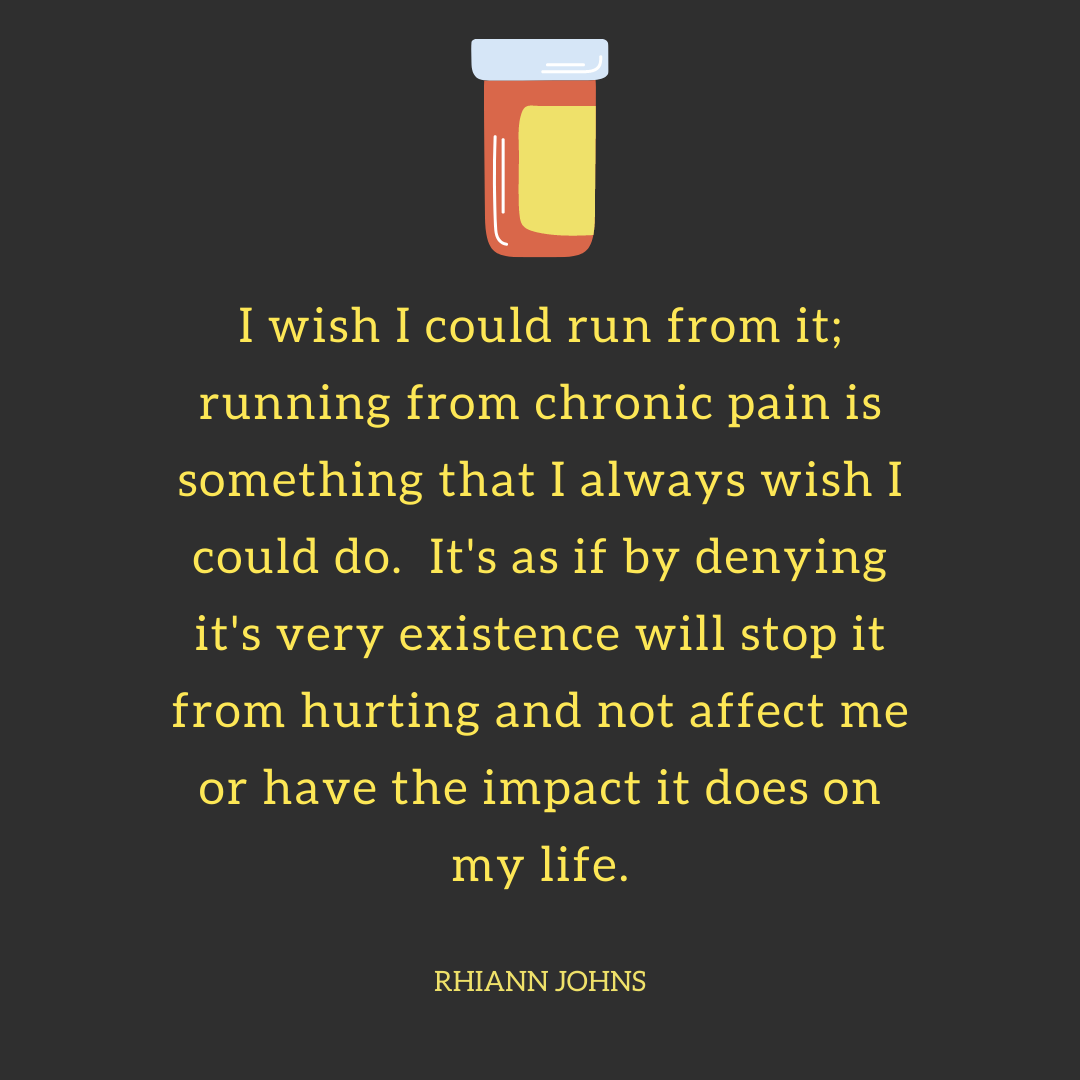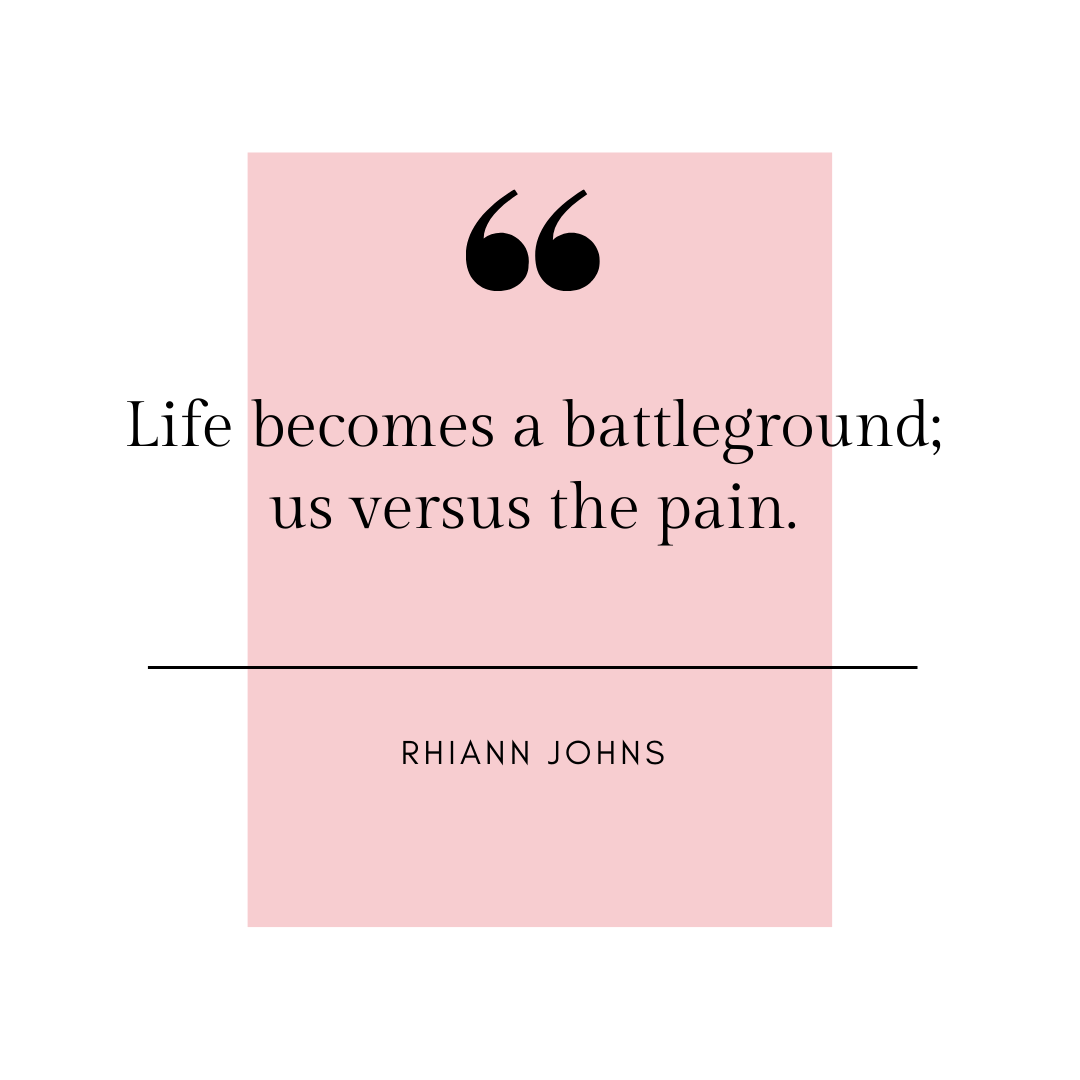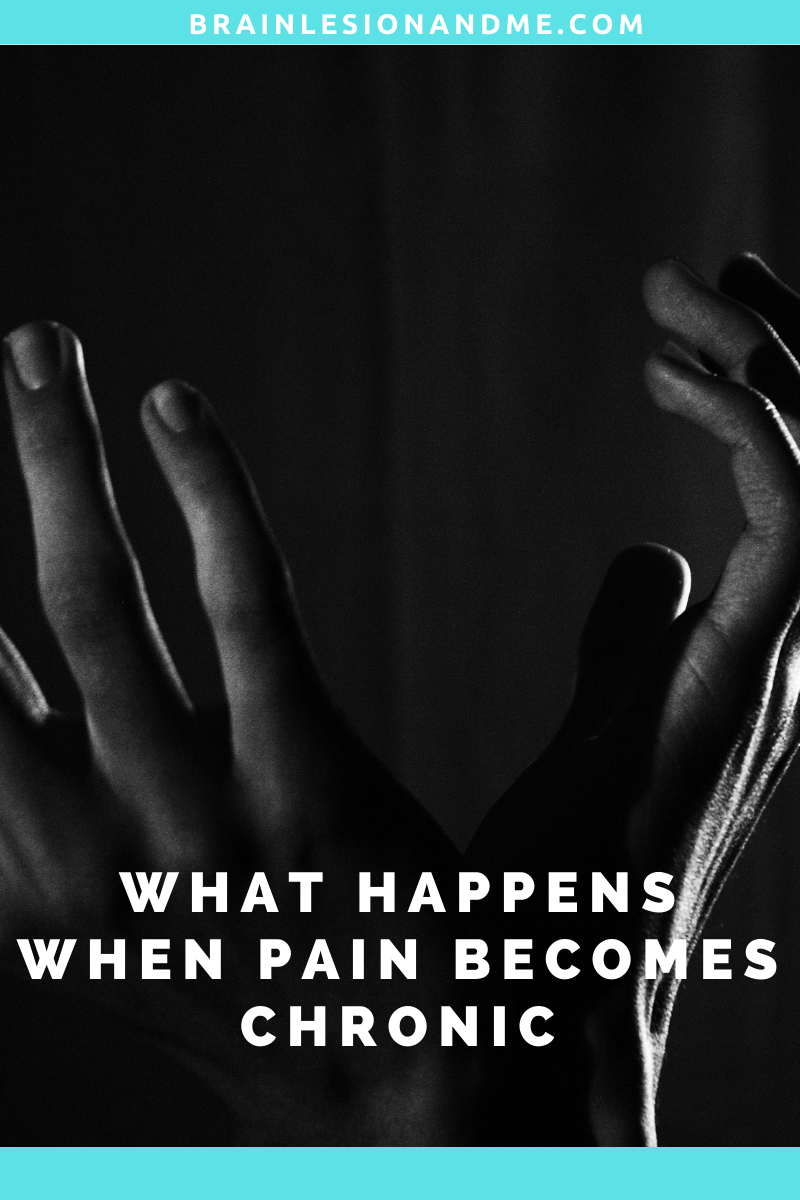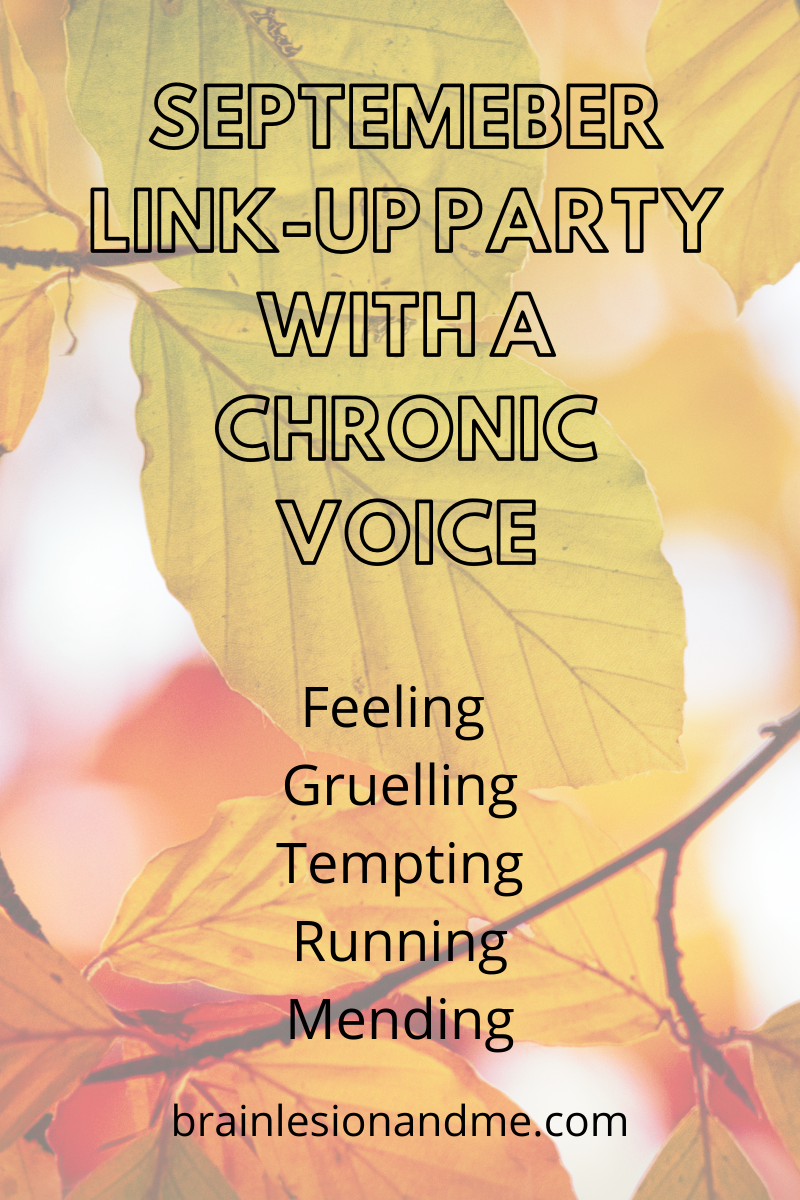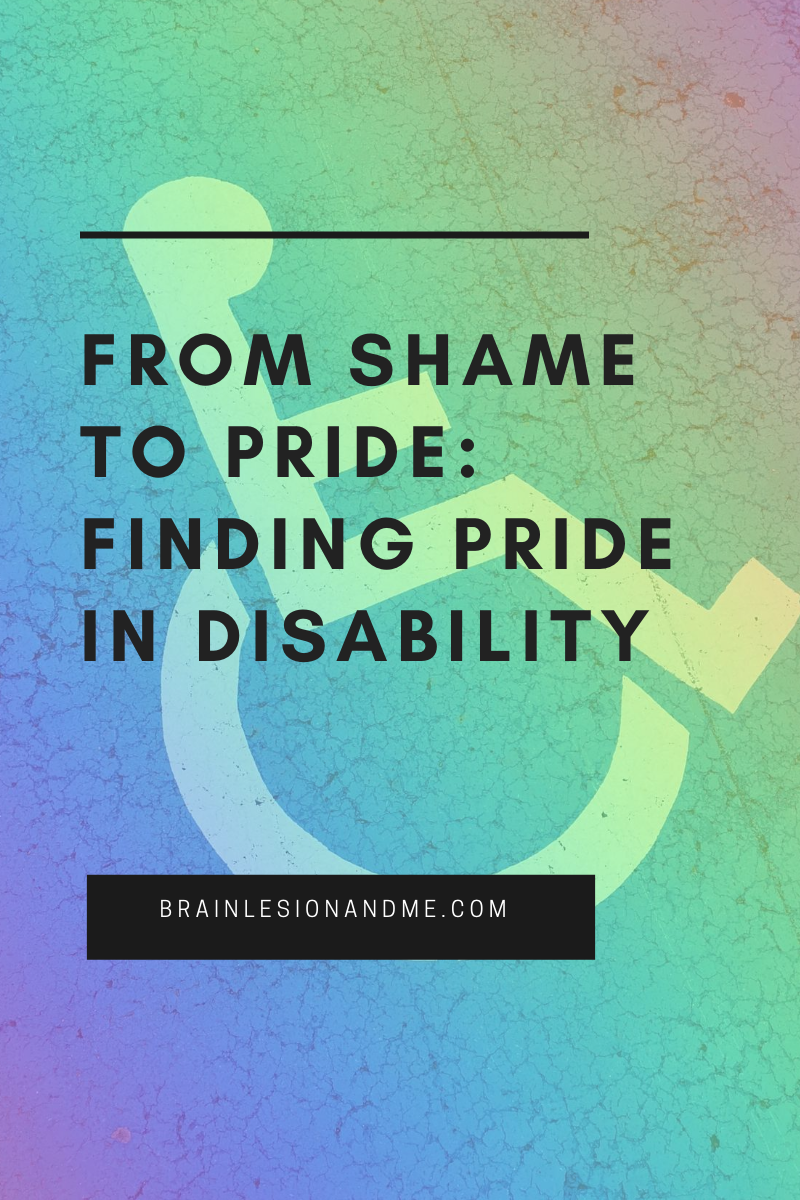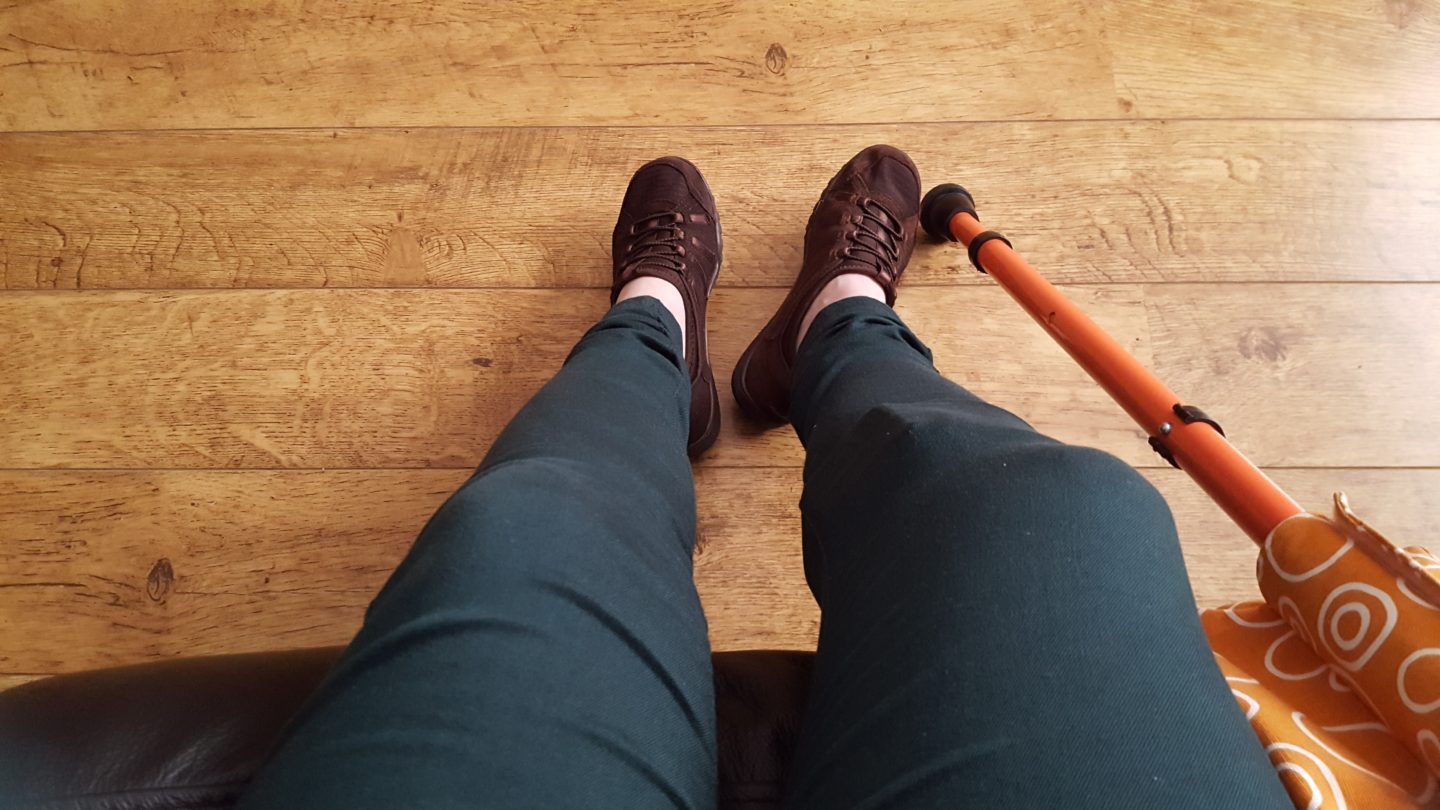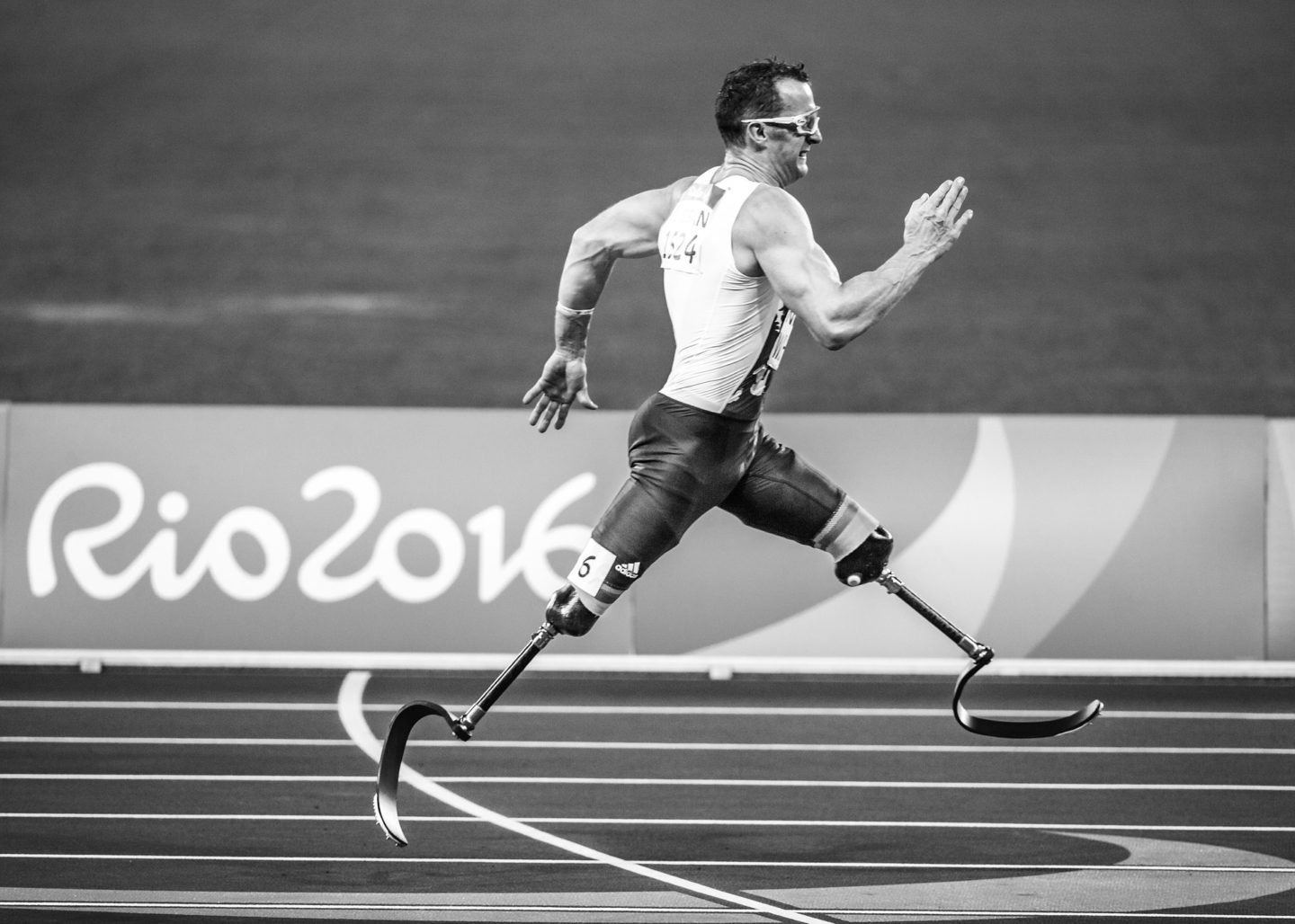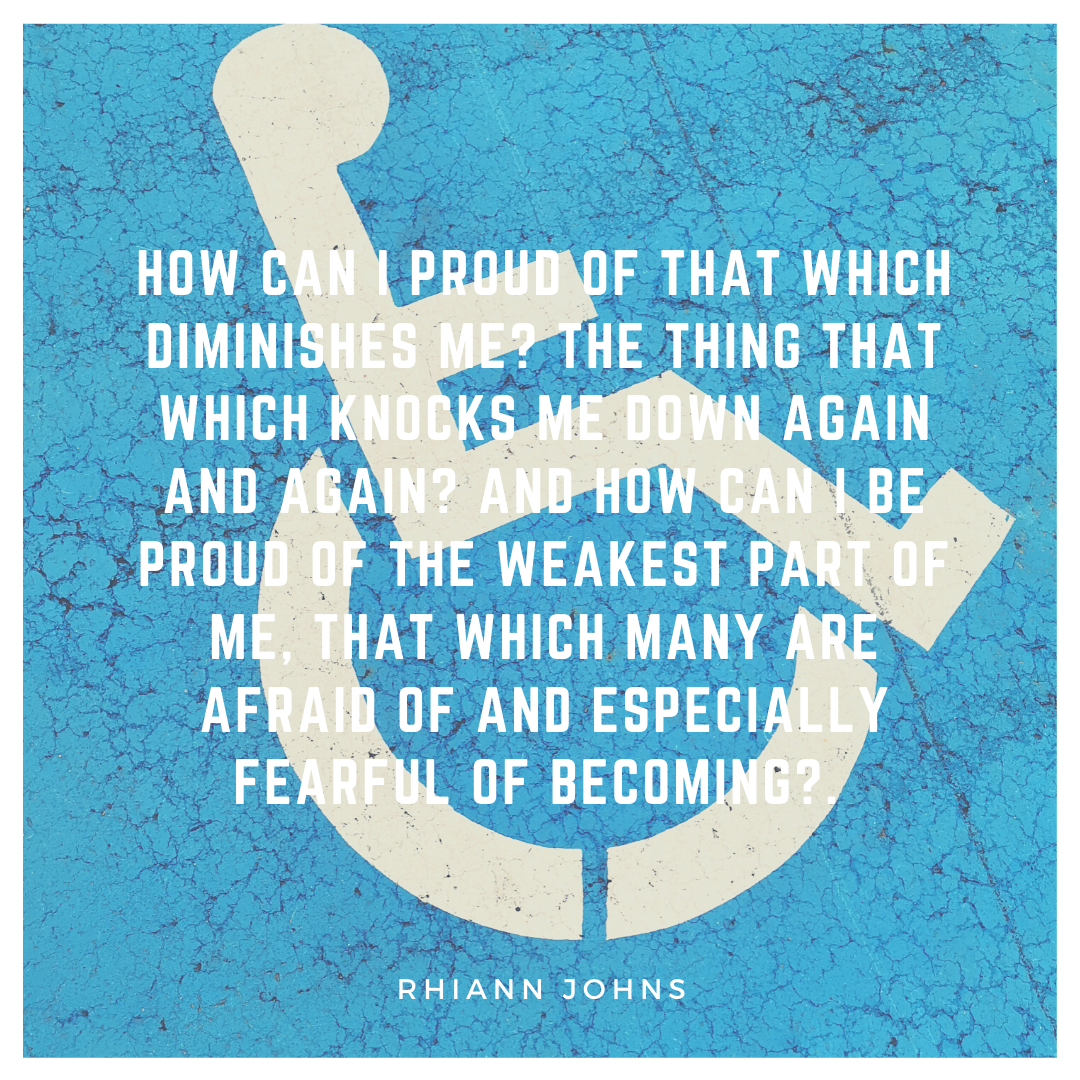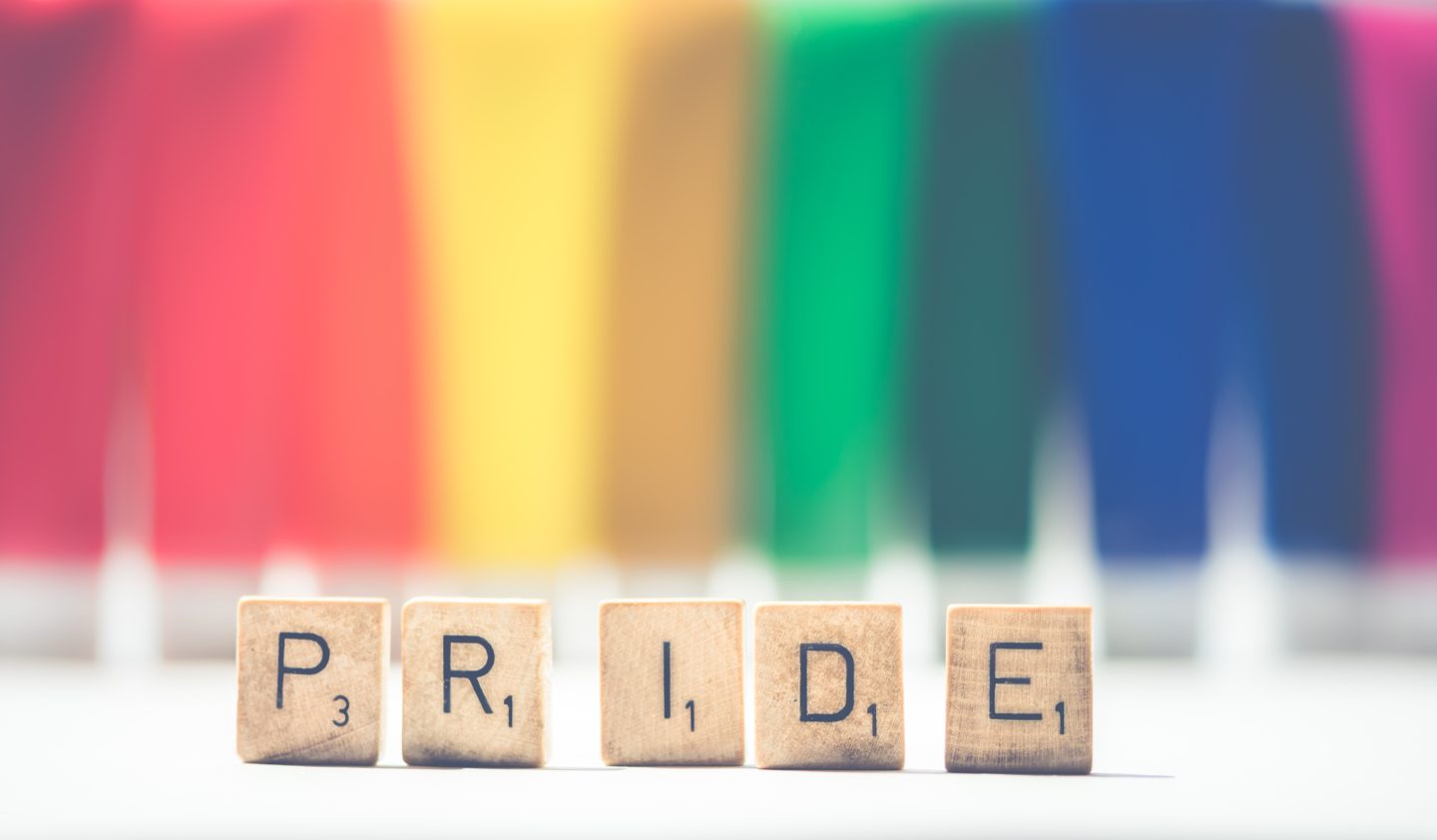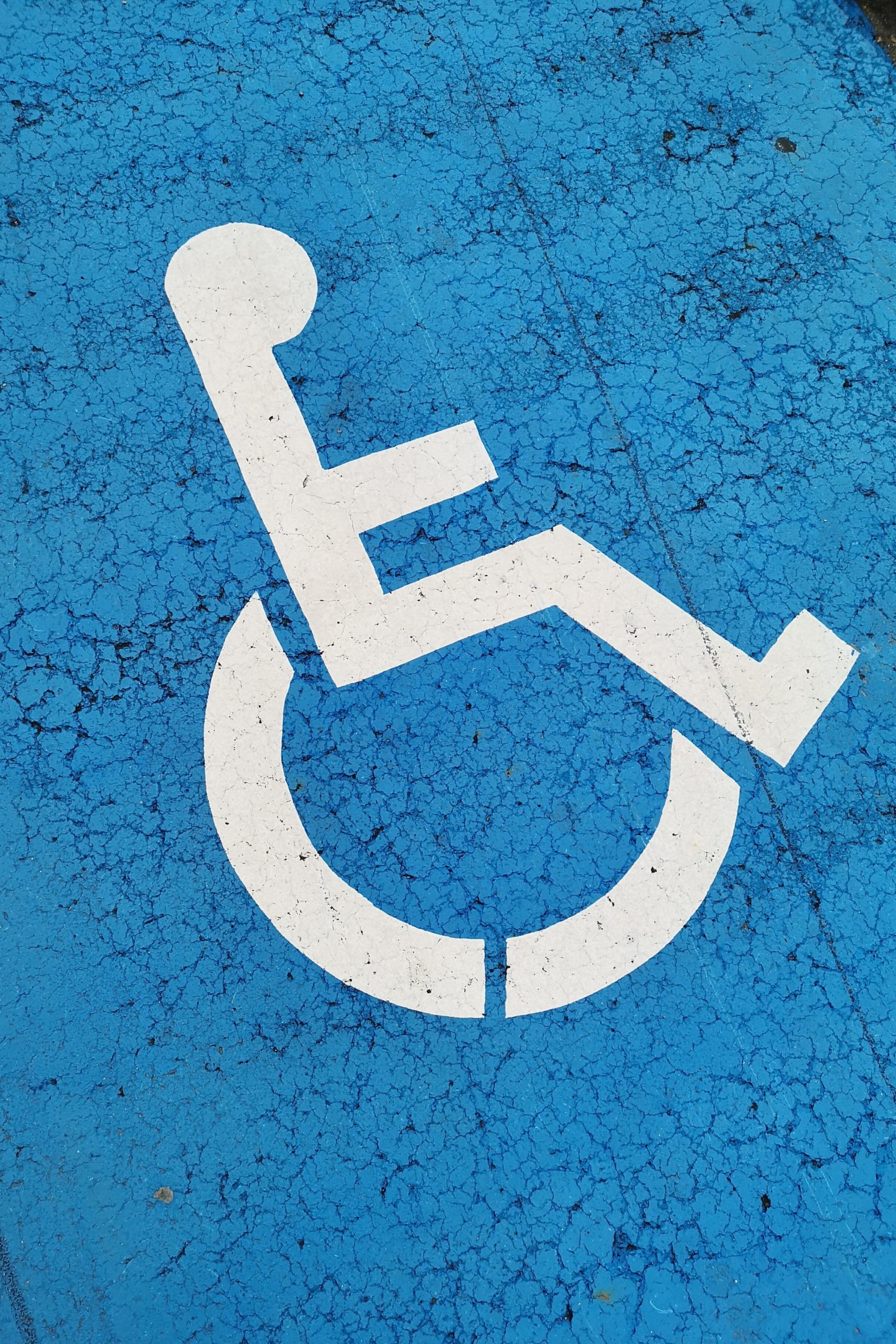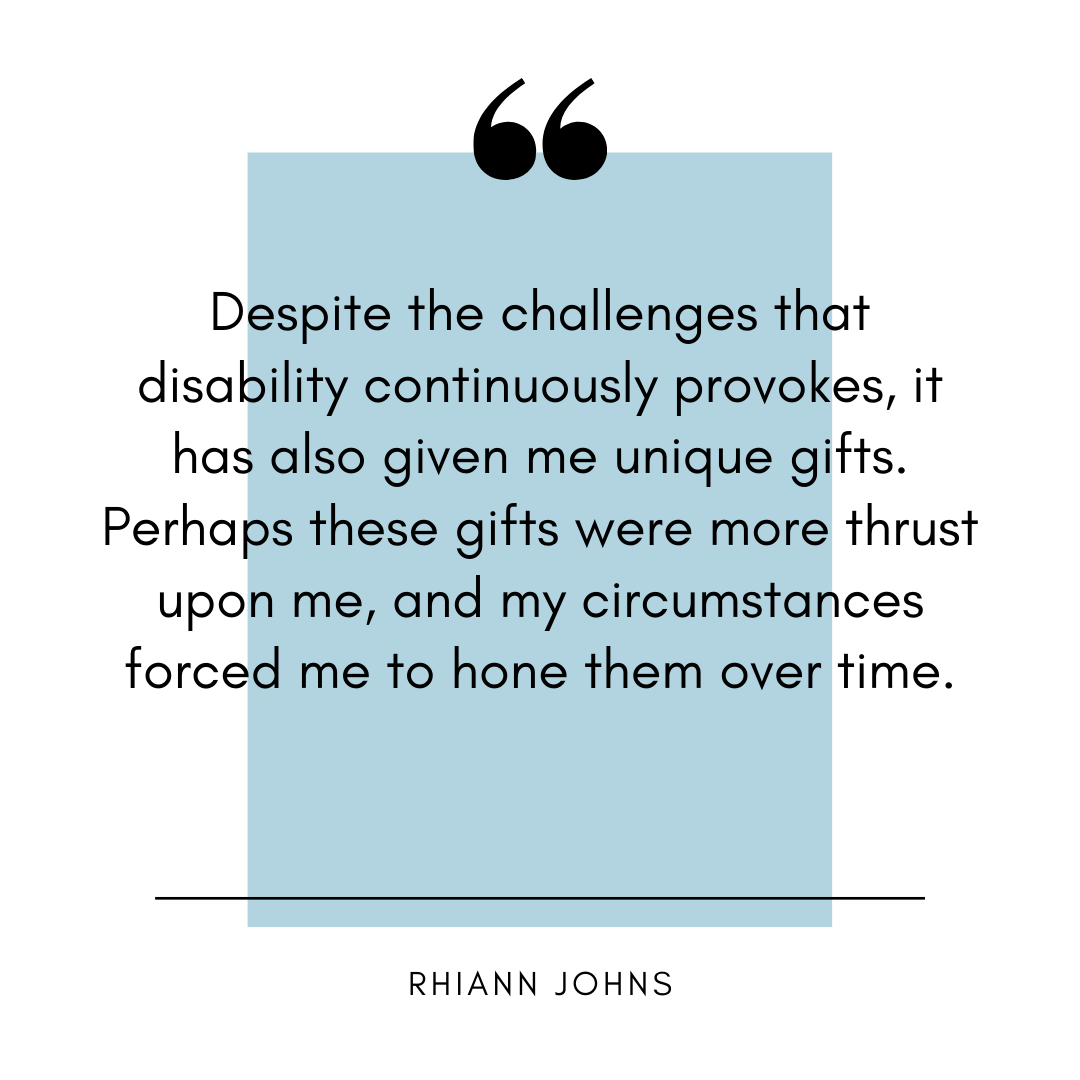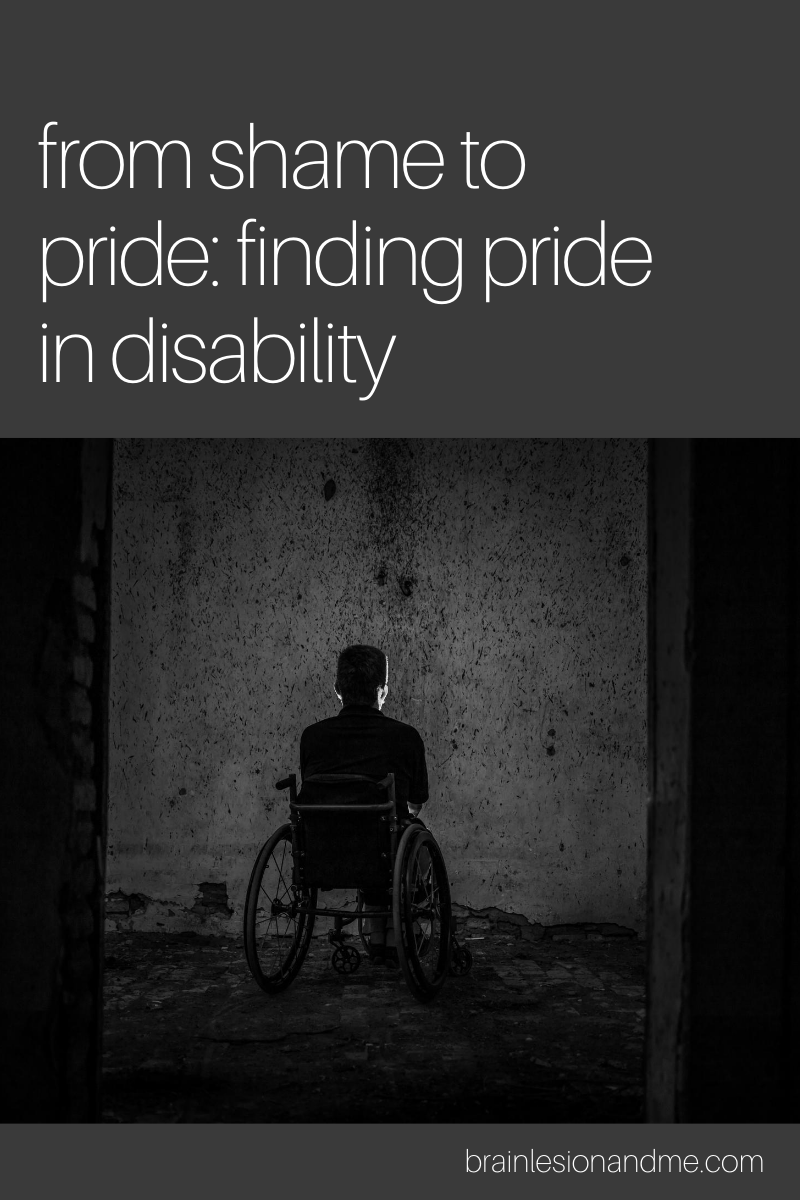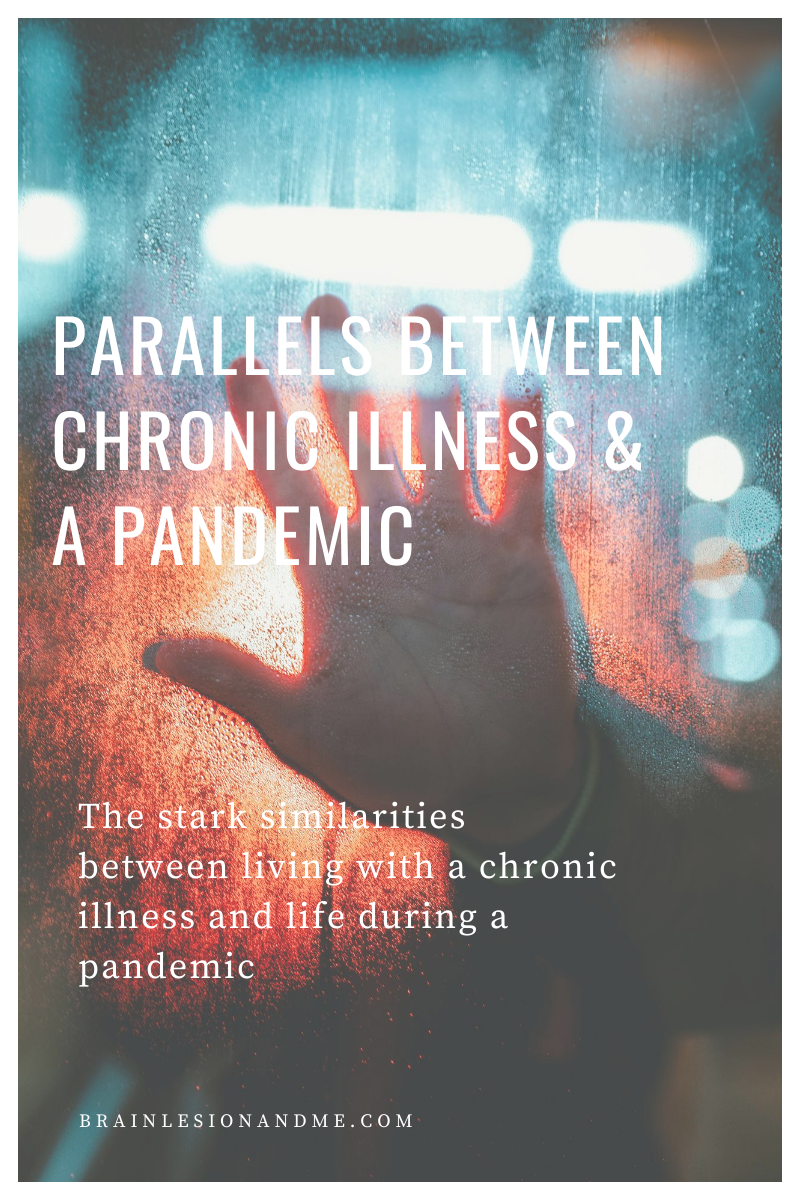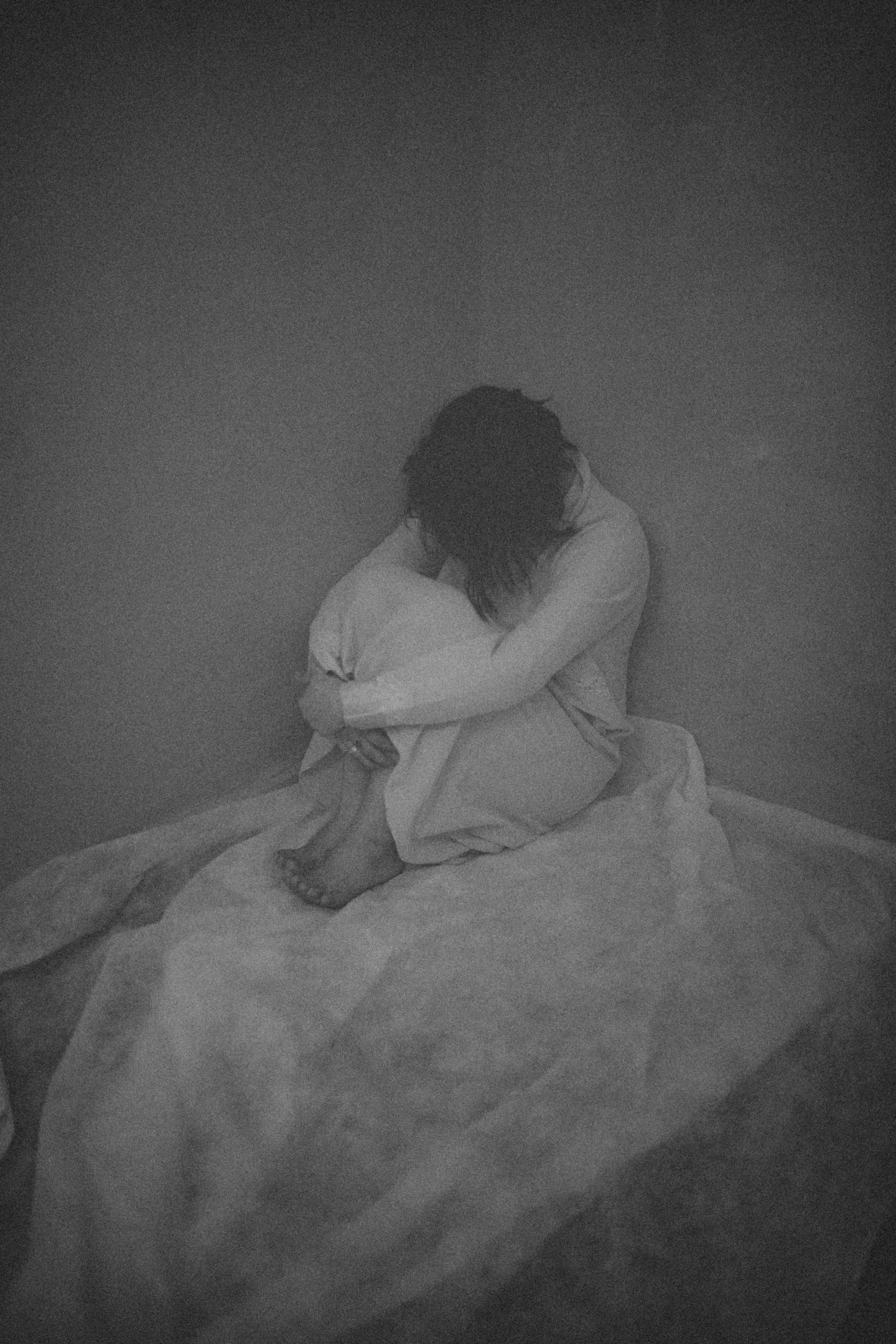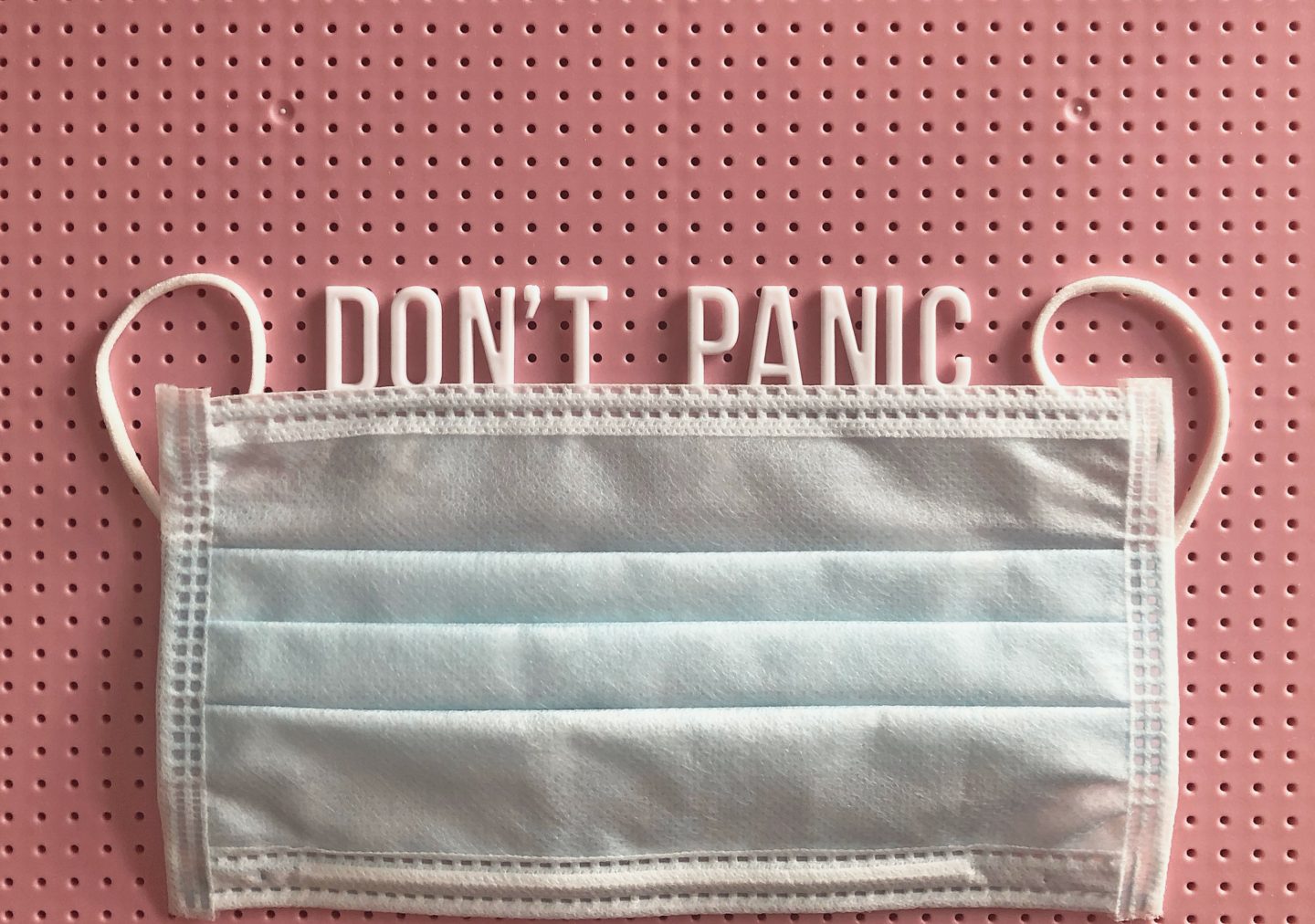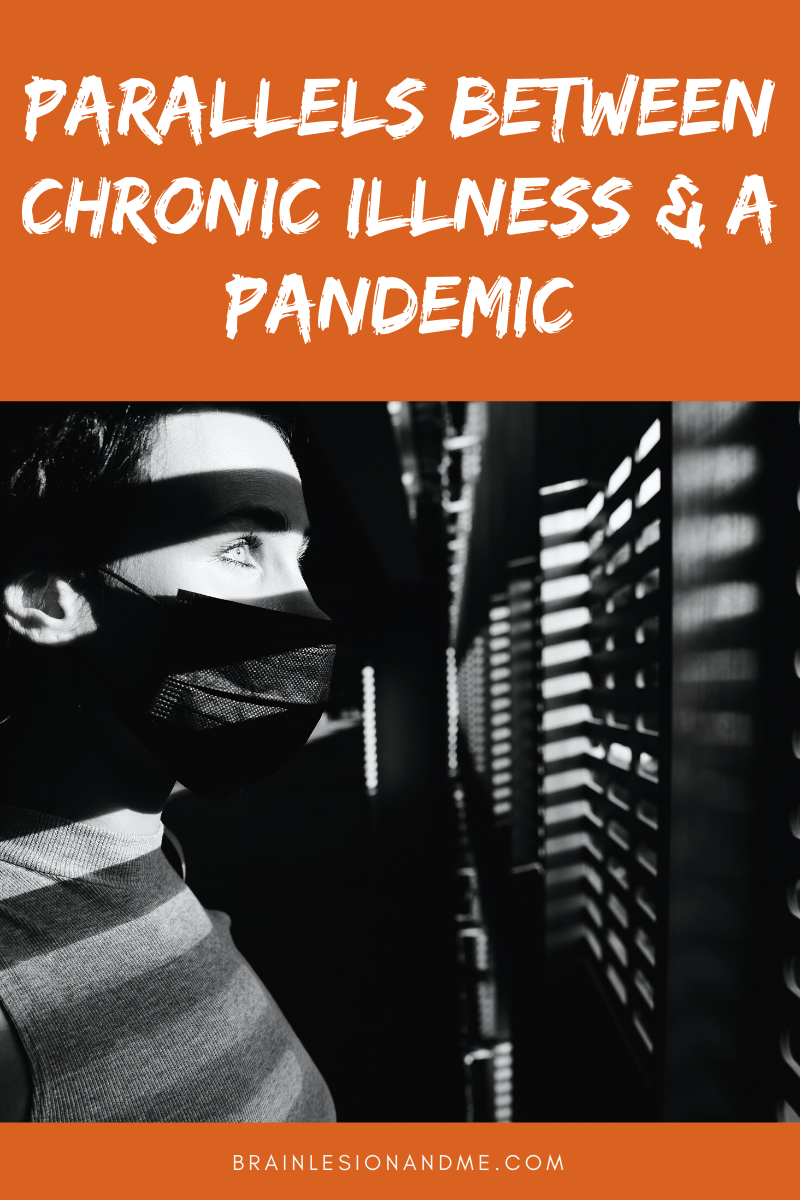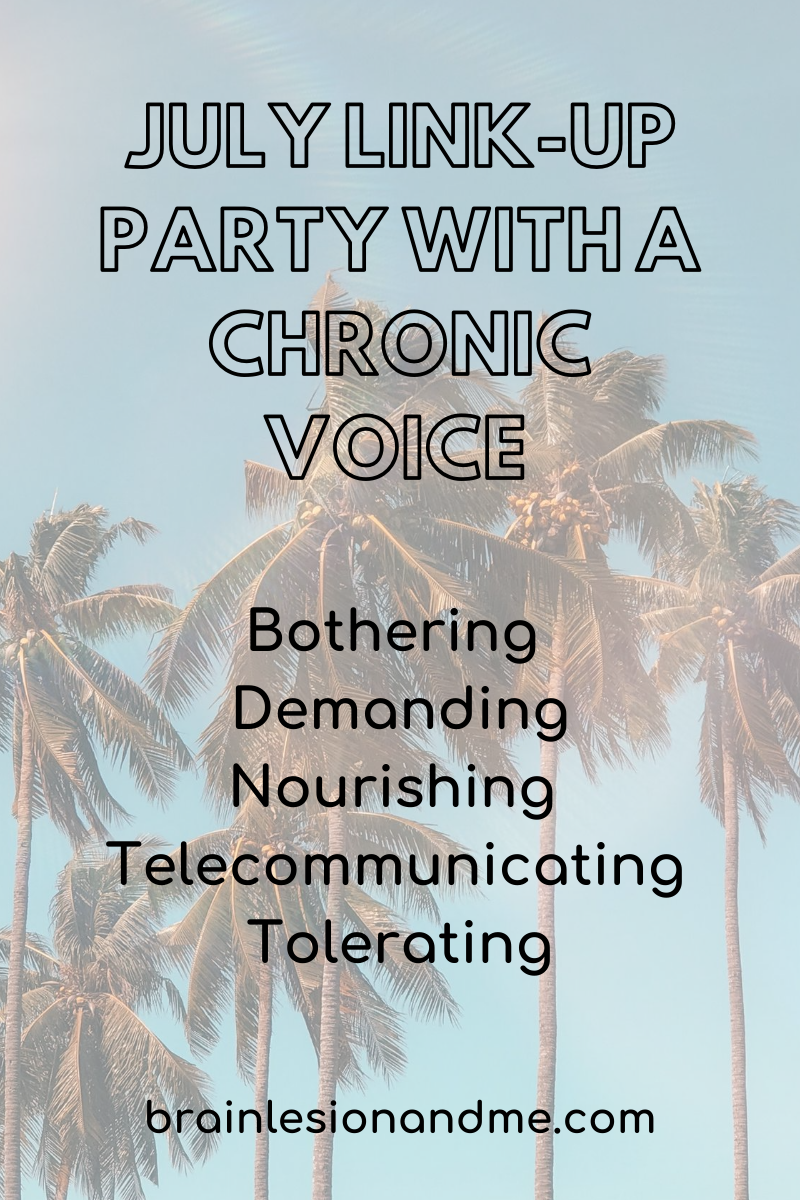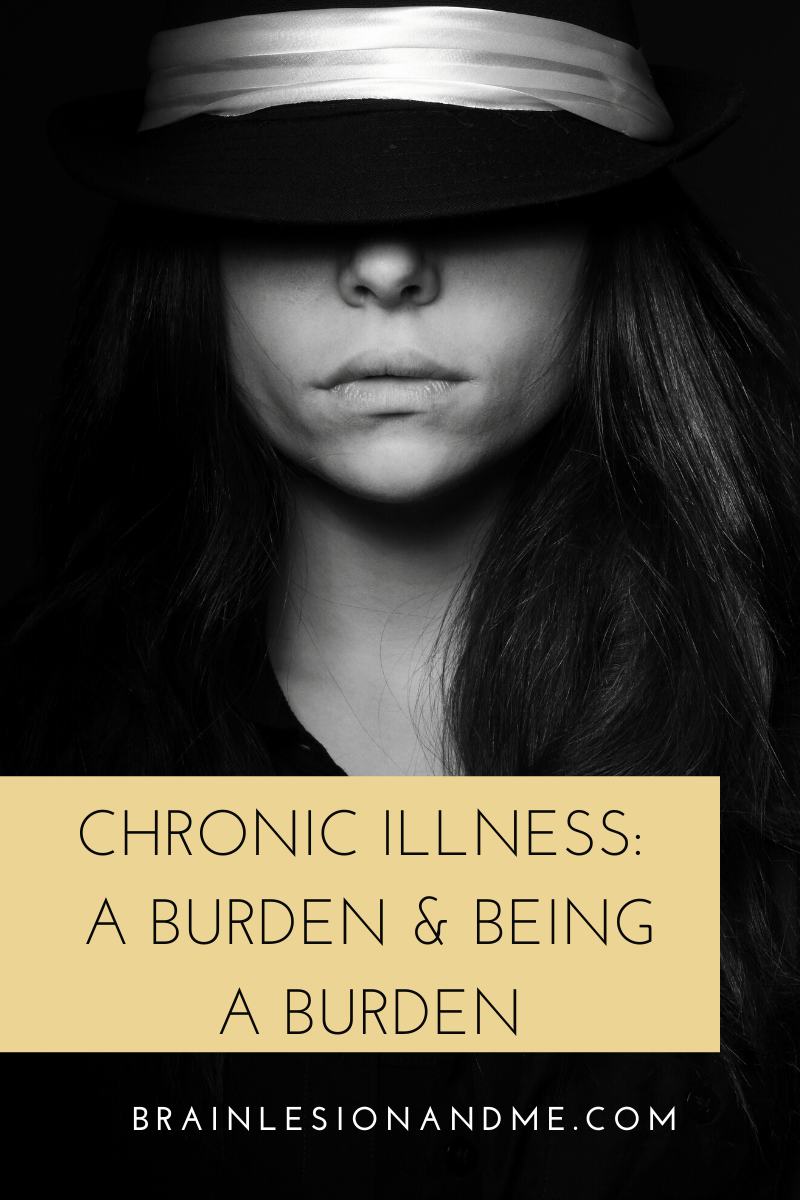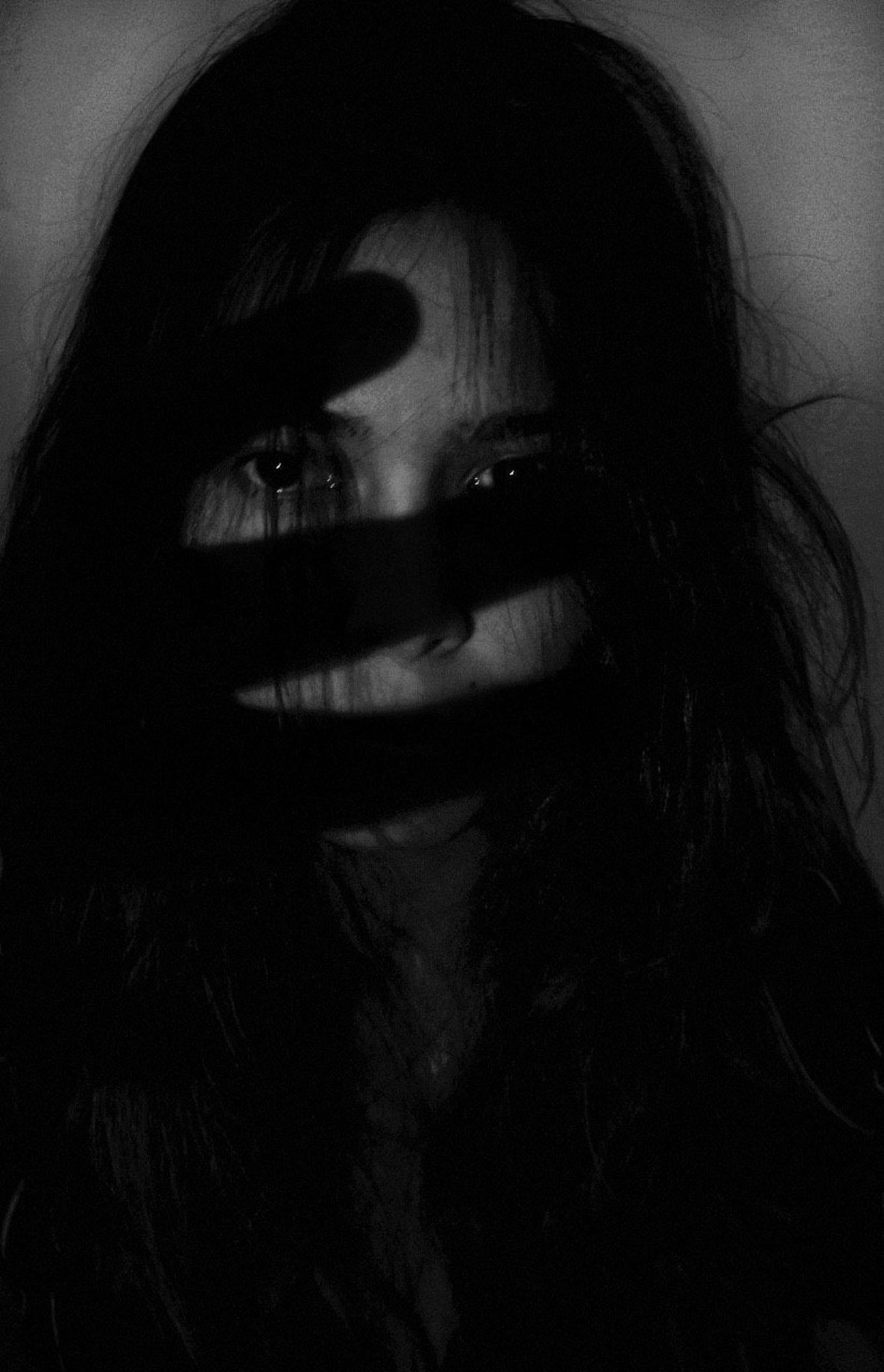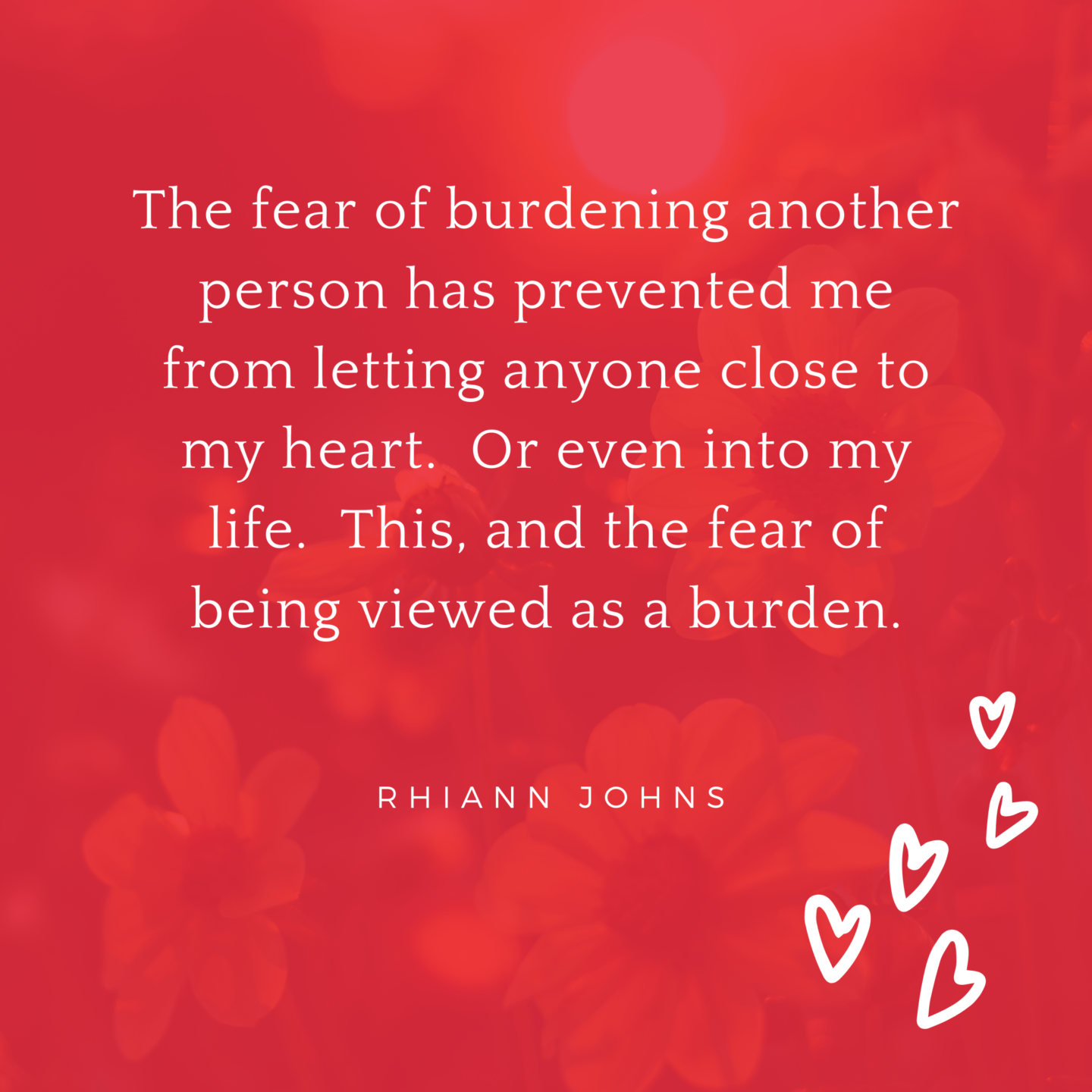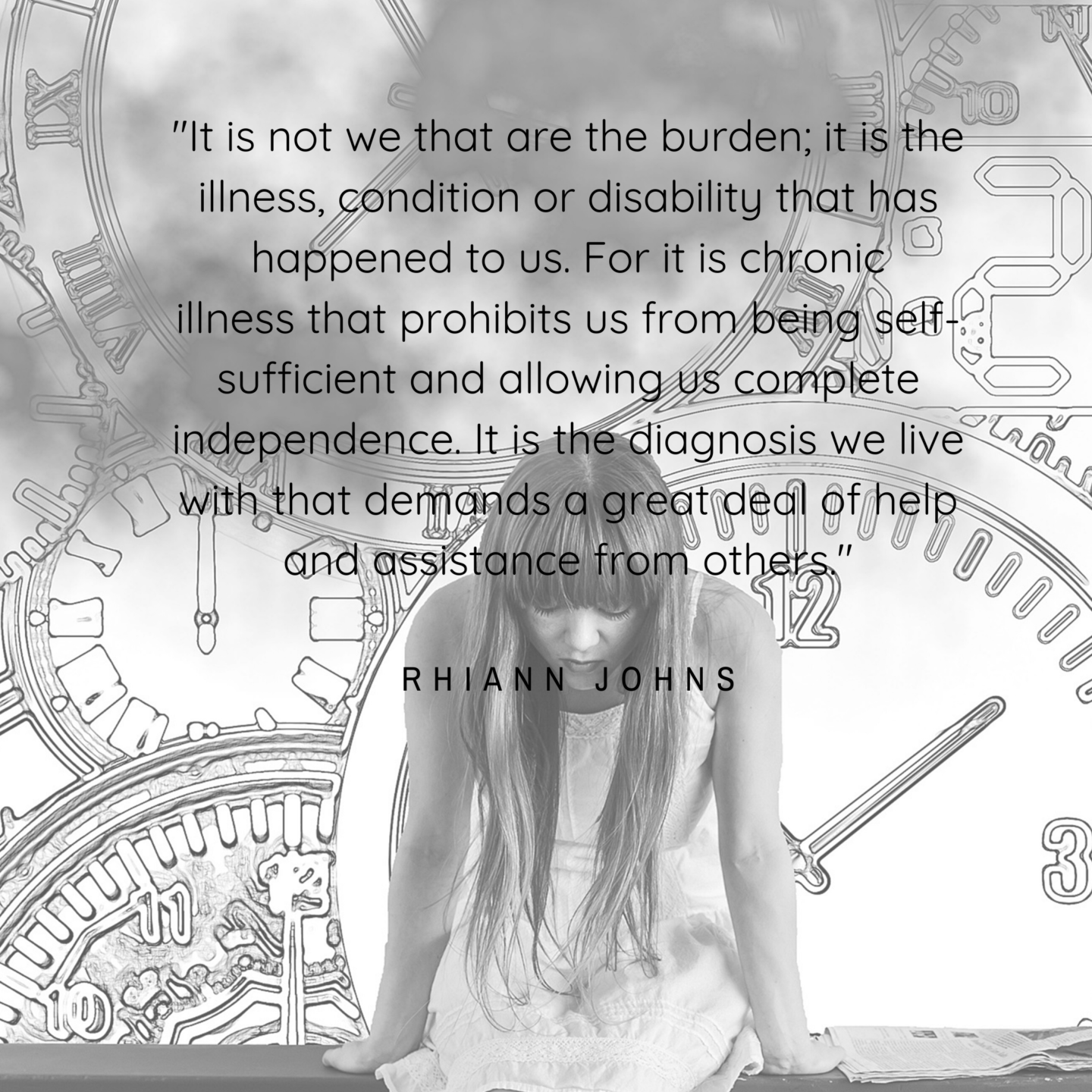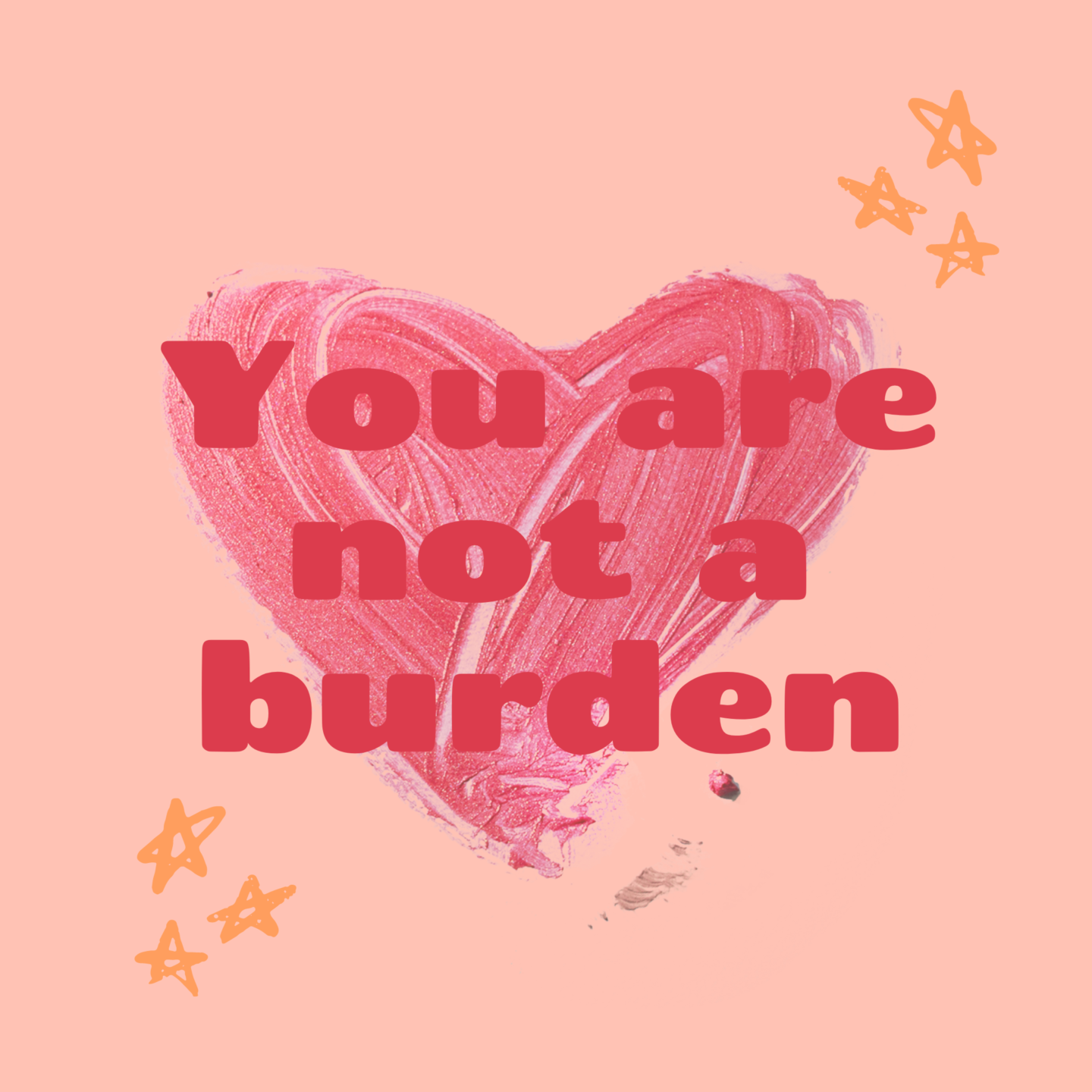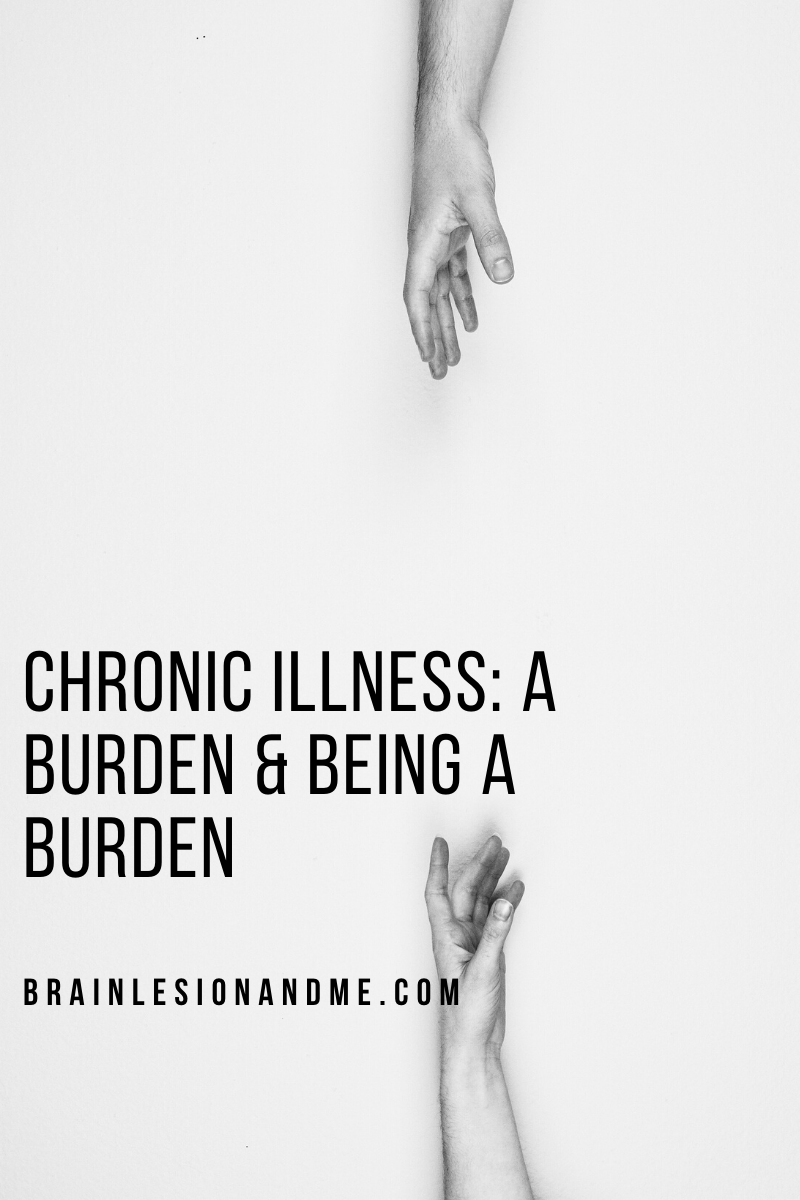An Expert In Faking Being Well
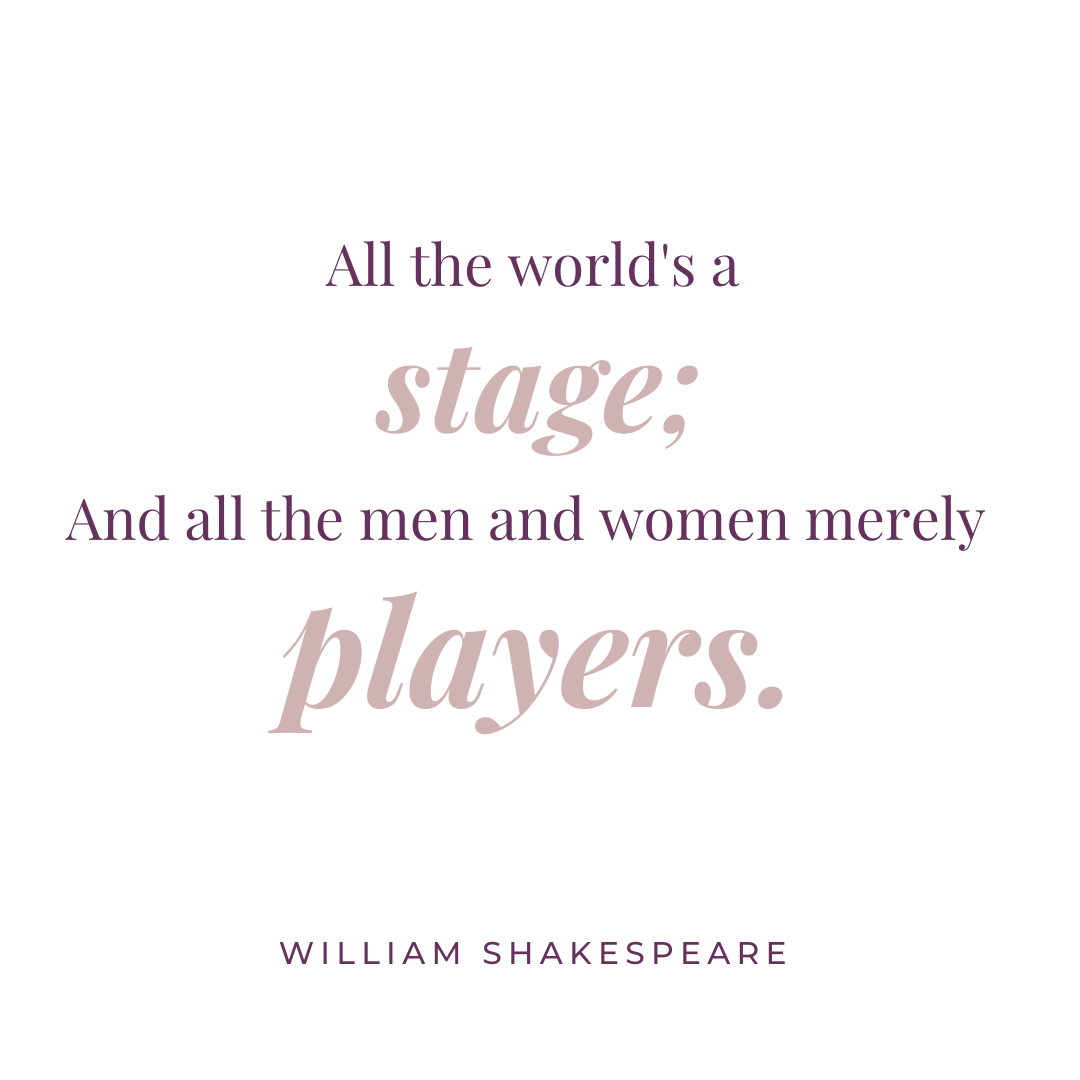
A life with chronic illness, the world often indeed does feel like a stage, and I an actor within it. Every day when breaking out into the world, I feel like I am performing; acting for the benefit of others and often myself. As such, every day becomes a performance of appearing well.
"Every day when breaking out into the world, I feel like I am performing; acting for the benefit of others and often myself. As such, every day becomes a performance of appearing well." Click To TweetPretending that nothing is wrong with me or my body even if it is far from the truth. I have become an expert in hiding my pain and discomfort that is blighting the present.
Just this very morning; the moment I woke, I was immediately greeted by intense, stabbing pain down my spine and legs. Legs so weakened by pain and fragility I was unable to get out of bed for a long while. When I did, however, after experiencing a severe spasm in my legs, they immediately gave way, causing a significant fall, resulting in several more bruises to add to my extensive collection.
Hiding The Anguish of Living With Chronic Illness From The World
Despite this, however, I selected an attractive outfit, applied make-up and put on my most convincing smile and left the house. And as I left the house, I put on my best performance of appearing well.
I often question, however, why I put in so much effort in hiding the truth of my anguish from others. By doing so, how will other people know to help and support me? And during recent times, there has been a great emphasis on being authentic, so should I not want to let others see me as I truly am?
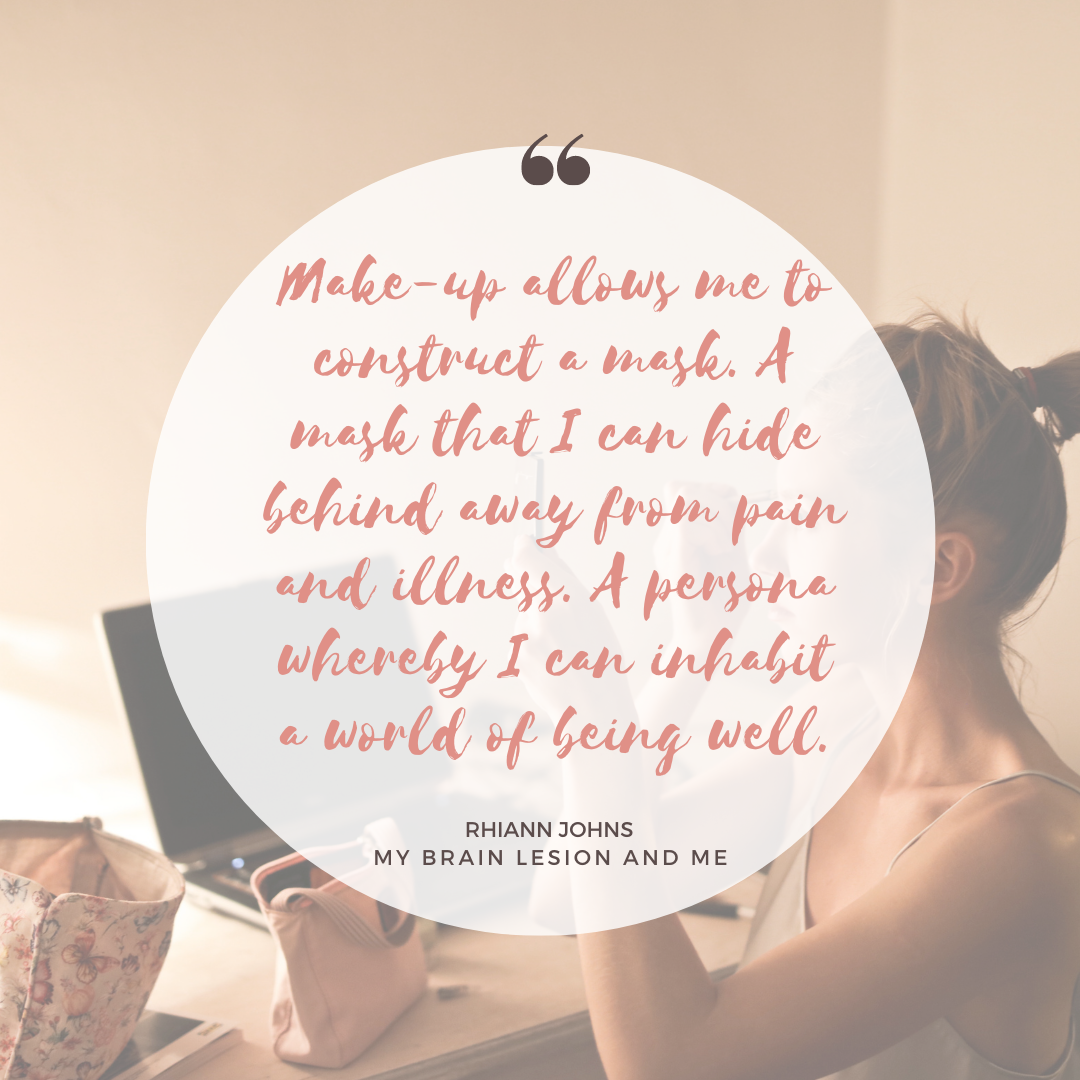
On the worst of days, and my weakest moments, I bear witness to the reality of how sick I have become and the devastating impact that this condition and subsequent disability have had on my life. It is only then that the performance of appearing well becomes abandoned, and the truth of my existence revealed. It is only during these episodes when I can peer at myself under a microscope, confronted by the aspects of this illness that affects every decision, every breath, every day and every second of my life.
"On the worst of days, and my weakest moments, I bear witness to the reality of how sick I have become. It is only then that the performance of appearing well becomes abandoned, and the truth of my existence revealed." Click To TweetLately, every day, every hour, and every minute consists of tentative steps forward, only forced to take two steps backwards. The pain often so overwhelming that it takes my breath away. Every single step feels like a struggle, and one which takes monumental effort and in which reaching the bathroom is a tremendous win. It is my daily struggle. And my survival.
It is disheartening having to acknowledge our distrust of the bodies given to us. And it is dispiriting that our lives have become centred around fighting the inevitable sickness that has befallen us or falling when we are unable to fight any longer.
The Everyday Performance of Appearing Well
That’s why we, the chronically ill perform; and why we become experts in faking being well, to escape the reality of our life that is primarily dictated by illness and to feel like we can be with you, the healthy. For a few short hours, it provides a sense of normalcy, in a life that rarely feels as such. And allowing the facade of health and joy and a brief illusion of freedom from our prisons.
"That's why we, the chronically ill perform; and why we become experts in faking being well, to escape the reality of our life that is primarily dictated by illness and to feel like we can be with you, the healthy." Click To Tweet
Because, unfortunately, we cannot return the malfunctioning body that we have inherited from the diagnosis that has blighted our lives. These faulty bodies do not come with warranties, and no amount of money is going to reverse the permanent damage that illness has inflicted on our bodies or our lives.
Our lives become centred around our diagnosis, the management of it, and the fear of what the future entails. All of which is scary and a burden to carry permanently. Which is why we snatch any chance we can to act healthy. To perform, and fake at being something that we are not. The horror of what it is to live with a chronic illness can temporarily fade into the background if we can pass for what we desperately wish we could be – healthy.
"The horror of what it is to live with a chronic illness can temporarily fade into the background if we can pass for what we desperately wish we could be – healthy." Click To TweetAnd playing at being healthy also allows us to think about something other than our diagnosis. Of course, we cannot forget as the symptoms are always there, but it’s still welcome to have a distraction from them even for a short time. It acts as a reminder that we are more than our illness. And though it may not always feel like it, there are so many more pieces to our lives than the diagnosis that it is often the most prominent part.
Illness Causes Us To Construct A Carefully Constructed Shell
So though you may see us smiling, laughing, playing and dancing while not lying or resting, crying or complaining know that it does not mean we are not suffering.
Instead, know that we are occupying a carefully constructed, fragile shell. A shell that is hiding the pain and anguish that is caused by continually living with a chronic illness. And the worse our symptoms are, the more determined we are to ensure that our performance remains convincing.
"We become adept at hiding the pain and anguish that is caused by continually living with a chronic illness. And the worse our symptoms are, the more determined we are to ensure that our performance remains convincing." Click To Tweet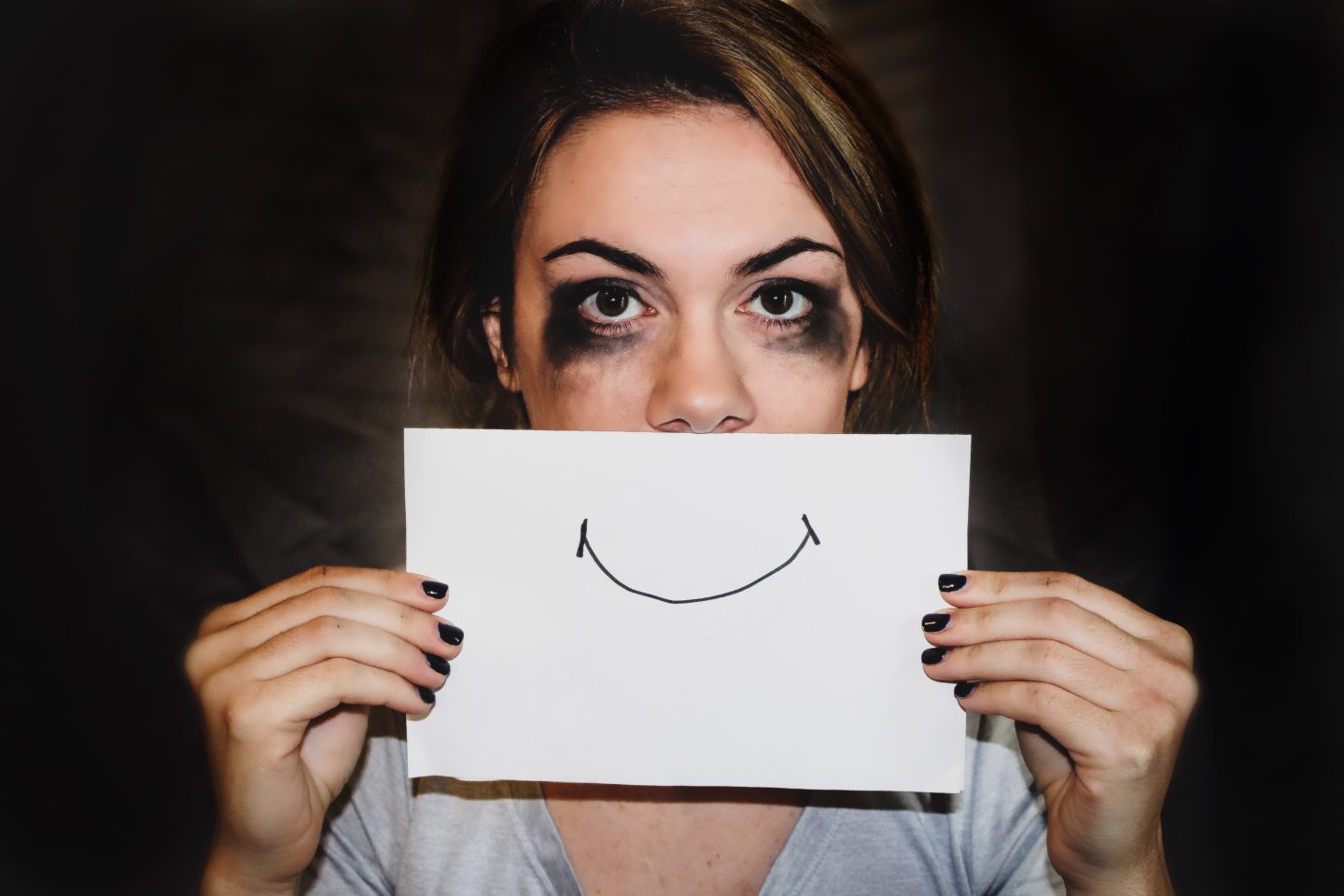
Know that we have spent years perfecting our carefully constructed shell and performance that convinces others that nothing is wrong.
But the truth is that our entire being has become consumed by pain and fatigue. Often, all we want is to give up and succumb to the misery that we’ve locked deep inside. The suffering that which we’ve kept secret and hidden from those around us.
We hide behind a cloak of disguise and deceit, terrified of the truth of our pain and anguish becoming exposed. At the same time, we wish we didn’t have to keep such walls, cloaks, disguises, performances or excuses. We long for those to listen to our stories and experiences and help us to disrobe the facade we’ve had to create and live beneath to save ourselves from stigma, judgement, prejudice and ignorance.
"We hide behind a cloak of disguise and deceit, terrified of the truth of our pain and anguish becoming exposed. At the same time, we wish we didn't have to keep such walls, cloaks, disguises, performances or excuses." Click To TweetWe wish we could be our true selves even if it our true, sick self.
